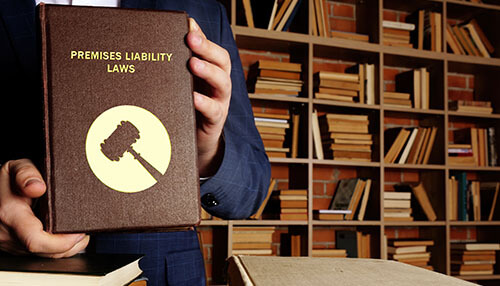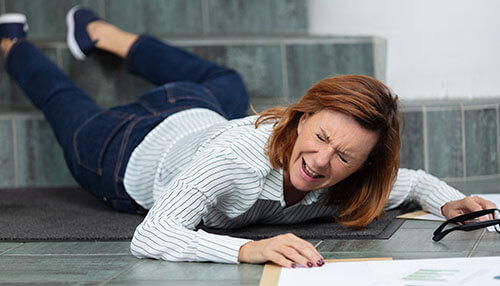Whether you own or rent the building in which your business resides, you’re responsible for the safety of everyone who enters the property, including employees, customers, and vendors. This responsibility is known as premise liability.
In this article, we’re going to take a deeper dive into commercial premise liability laws and cases and what they mean under common circumstances.
Commercial Premises Liability: What Is It?
Just as homeowners have the legal obligation to keep the residential premises safe, business owners have the same duty to ensure that people entering their business are safe.
You can refer to a South Florida personal injury attorney to know what happens if a business owner fails to ensure safety on his property. If he’s found to be negligent, he can be sued in certain situations under the premise liability law. This liability holds the commercial property owners and business owners liable for any injuries and accidents that occur on their property.
Types Of Premise Liability Case
Commercial premise liability claims involved a broad range of cases. However, the most common ones are:
1. Slip and Fall Accidents
One of the most common incidents that result in premise liability claims is slip and fall accidents. They are often used for cases in which a business owner is liable for individual tripping, slipping, and falling on their premises.
This can happen due to dangerous conditions such as:
- Poor lighting
- Torn carpeting
- Damp floors
- Defective staircase
- Messy aisles
- Oily floors
- Loose or broken floors
- Hidden extension cords
Take note that injuries may also happen outside the building when an individual slips and falls outside of the building. This can be due to the accumulation of snow or ice or loose or broken sidewalks that the owner has not cleared away or marked visibly.
2. Building Defects
Building defects occur when a commercial property owner fails to conduct regular maintenance. These defects can include damaged flooring, stairs, railings, or sidewalks, as well as escalator and elevator accidents.
The property owner must alert customers to hazardous conditions until they’re safe again.
3. Insufficient Security Measures
If your business is in a location known for criminal activity and you fail to implement proper security measures to keep employees and customers safe, you can be held liable for damages.
Absent security guards, poor lighting, and an absence of other commercial security precautions such as CCTVs and alarms can all result in security claims.
These types of premise liability claims are just the tip of the iceberg. Several other cases still fall under the category of commercial premise liability, including:
- An employee or visitor assaulting someone else
- Hazardous chemicals spill onto the surrounding properties
- Merchandise or a piece of equipment injuring someone
The Commercial Property Owner’s Duty Of Care
Most states require a commercial property owner to exercise reasonable care in maintenance and ownership of the property for all individuals who might enter the property.
In general, however, all visitors on commercial property are divided into three categories:
1. Invitees
These are people who have the business owner’s express or implied permission to enter the property. Invitees are generally your customers, vendors, and employees. You have a duty of reasonable care to keep the business property safe for the invitees.
2. Licensees
Licensees are those who have the property owner’s express or implied permission to enter the business property but are coming to the property for their own purposes. They can be utility workers or delivery drivers who must access your property to do their job.
Licensees often have limited protection because they’re not invited. However, they still can expect reasonable safety and you have a lesser duty to warn them of dangerous conditions that may create a reasonable risk of harm.
3. Trespassers
The last category is trespassers. These are people without any authorization to be on your commercial property. Traditionally, a property owner has no duty to trespassers. That said, there are still exceptions to this case, like if the trespasser was a child.
In this case, the property owner owed the duty to exercise reasonable care to avoid any foreseeable risk of harm to kids caused by an ‘attractive nuisance’ like a swimming pool.
Elements To Prove Your Liability
The elements of a commercial premise liability case can vary from one state to another. Thus, it’s crucial to check the laws of your jurisdiction. Generally, however, an injured person will have to prove the following to get a claim from your business:
- The business owner owned, occupied, or leased the commercial property
- The business owner was negligent in the use of the commercial property
- The victim was harmed and injured
- The business owner’s negligence was a significant factor in causing the injury or harm
Takeaway
As a business owner, you’re responsible for creating a safe environment for people to visit. You’re responsible for injury claims that occur on your commercial property and can become a target for lawsuits if despicable people make fraudulent claims.
It is hoped that this brief guide has provided you with a better understanding of premise liability cases for your commercial property.



